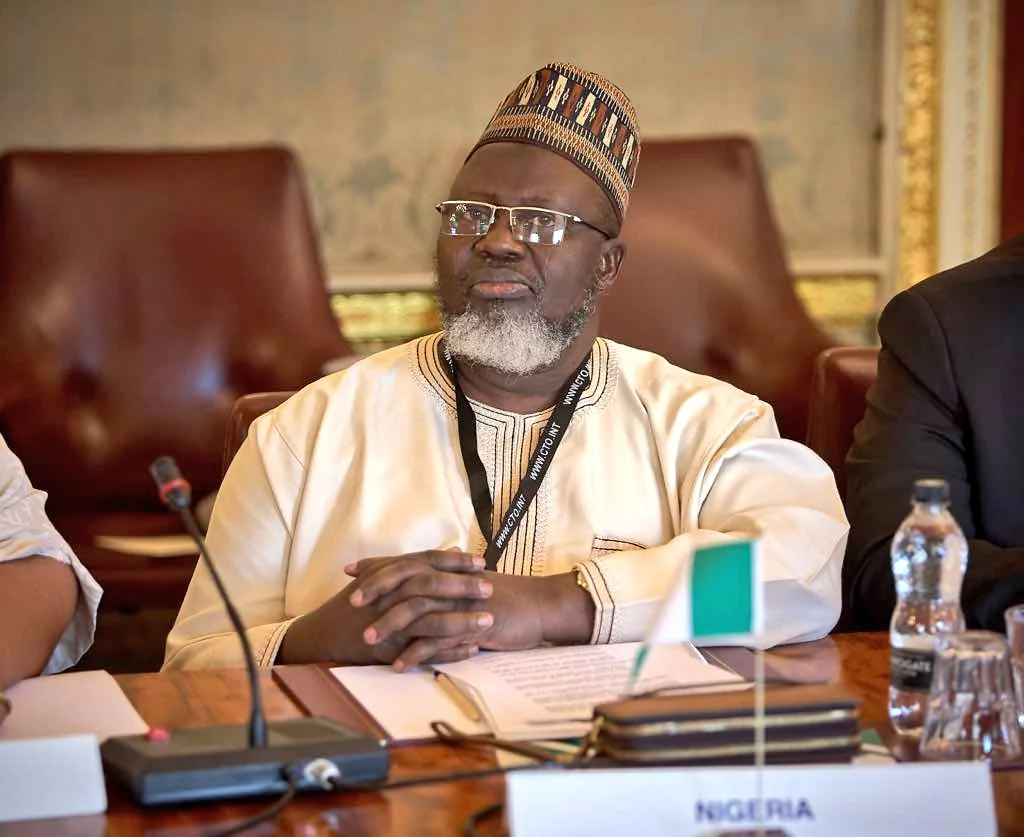Former Minister of Communications, Adebayo Shittu, has entered the fray surrounding the introduction of Sharia panels in the South-West region, attributing opposition to what he calls a lack of understanding.
The debate ignited following the establishment of a Sharia panel in Ekiti State, which encountered swift resistance from various quarters, including Yoruba activists and traditional leaders.
In Ado Ekiti, the Ewi summoned the Chief Imam and ordered the panel’s dissolution, citing concerns over its implications for the region’s secular identity.
Opponents of the Sharia panels argue vehemently against their implementation, pointing to the volatile state of Sharia-governed areas in the north, where conflicts and security issues are prevalent.
They emphasize that secularism is a cornerstone of Yoruba cultural heritage, and introducing Sharia could jeopardize this principle.
Contrarily, proponents, including Muslim leaders, clarify that these panels are intended solely for civil arbitration among Muslims, focusing on matters such as marriage, divorce, and inheritance.
They stress that these panels have peacefully operated in other parts of Nigeria for over a decade without infringing on the rights of non-Muslims.
In an exclusive interview with a television station, Adebayo Shittu defended the panels as a matter of religious freedom guaranteed under Nigeria’s constitution.
He criticized opponents for what he perceives as a misunderstanding of Sharia’s application, arguing that individuals should have the right to choose the legal framework under which they manage their personal affairs.
“In Yorubaland, whether governors or so-called activists, their issue is ignorance of Nigeria’s constitution,” Shittu asserted.
He pointed out that existing Sharia panels in states like Oyo and Lagos have operated peacefully for years, without imposing Sharia on non-Muslims or causing societal unrest.
Shittu emphasized, “These panels uphold fundamental religious rights, ensuring that individuals can resolve disputes in accordance with their beliefs. It’s a matter of personal choice and constitutional rights.”
The controversy continues to spark intense debates across the South-West, with communities grappling over the balance between religious autonomy and regional secularity.
Do you want to share a story with us? Do you want to advertise with us? Do you need publicity for a product, service, or event? Contact us on WhatsApp +2348183319097 Email: platformtimes@gmail.com
We are committed to impactful investigative journalism for human interest and social justice. Your donation will help us tell more stories. Kindly donate any amount HERE


